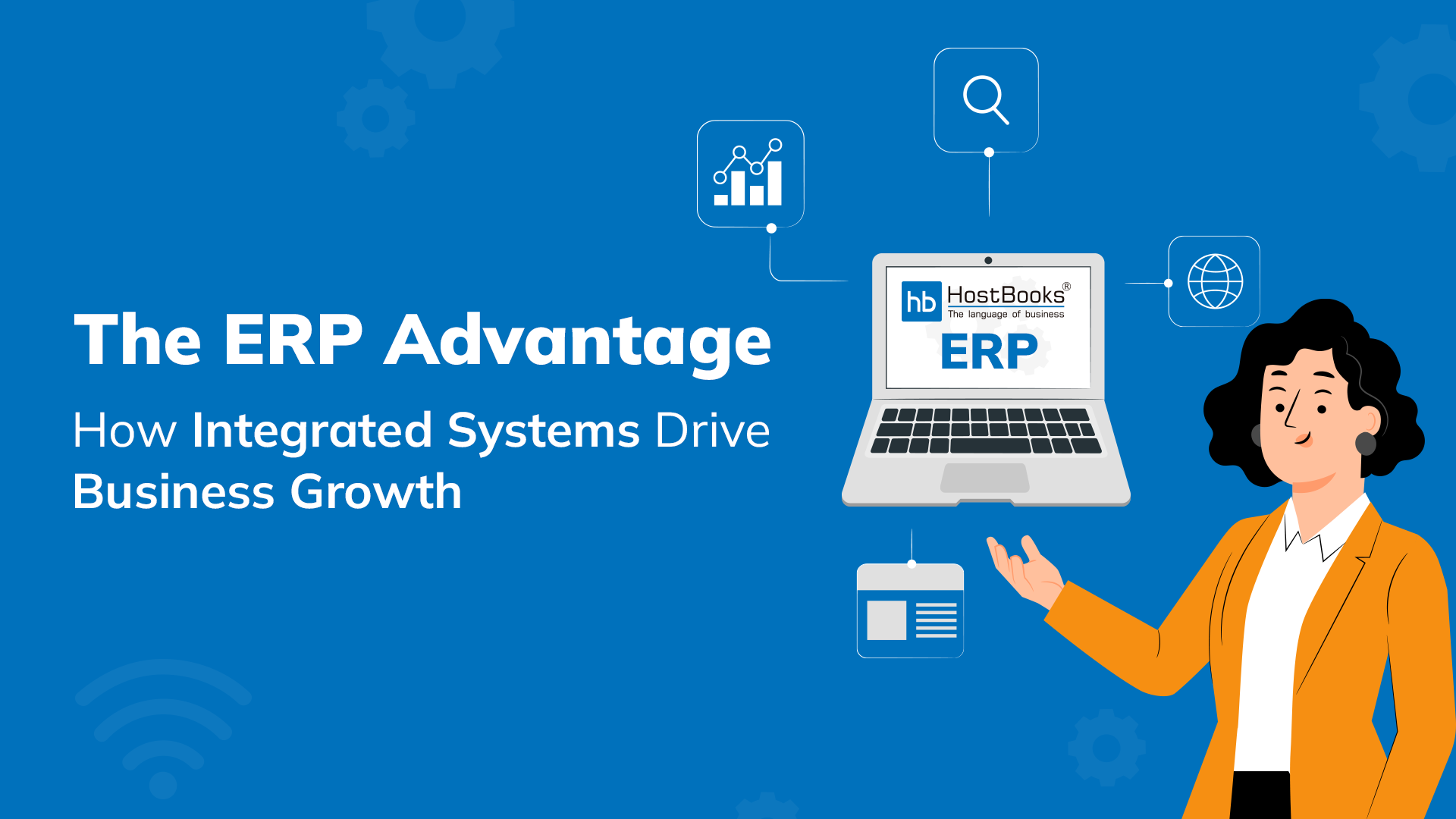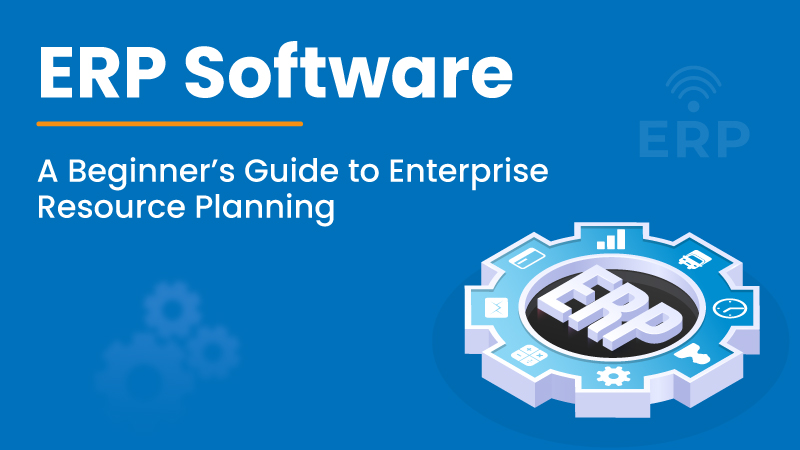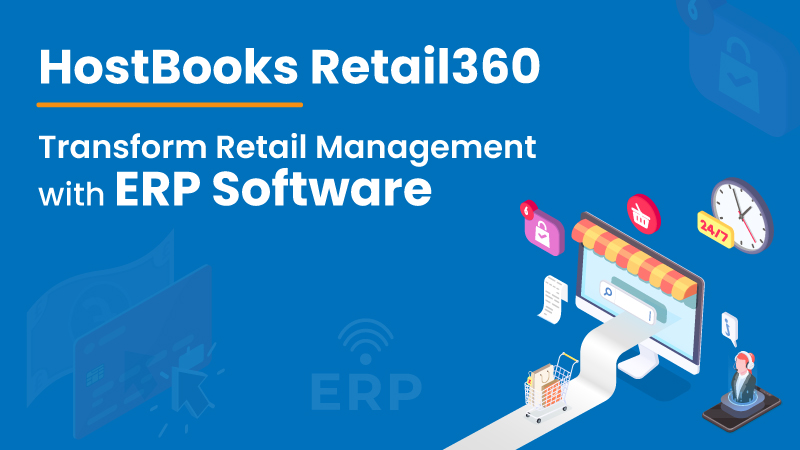The ERP Advantage: How Integrated Systems Drive Business Growth

In the fast-paced and competitive business landscape, companies constantly seek ways to enhance efficiency, streamline operations, and drive growth. One of the most effective tools for achieving these goals is Enterprise Resource Planning (ERP) systems. By integrating various business processes and functions into a single unified system, ERPs provide a comprehensive solution that can significantly impact a company’s growth trajectory. This blog explores the advantages of ERP systems and how they can drive business growth.
The Evolution of ERP Systems
Enterprise Resource Planning systems have evolved significantly since their inception. Initially designed to manage inventory and manufacturing processes, ERPs have expanded to encompass virtually all aspects of a business. Modern ERPs integrate functions such as finance, human resources, supply chain management, customer relationship management, and more. This evolution has made ERP systems indispensable tools for businesses of all sizes and industries.
Core Benefits of ERP Systems
1. Improved Efficiency and Productivity
One of the primary benefits of ERP systems is their ability to improve efficiency and productivity. By automating routine tasks and processes, ERPs reduce the need for manual intervention, which minimizes errors and frees up employees to focus on more strategic activities. For example, an ERP system can automate the entire order-to-cash process, from order entry and invoicing to payment processing, significantly reducing the time and effort required to complete these tasks.
2. Enhanced Data Accuracy and Accessibility
ERP systems centralize data from various departments into a single, unified database. This centralization ensures that all users have access to accurate, up-to-date information, which is crucial for making informed decisions. With real-time data visibility, businesses can quickly identify trends, monitor performance, and respond to changing market conditions.
3. Streamlined Business Processes
ERP systems standardize and streamline business processes across the organization. By enforcing best practices and consistent procedures, ERPs help eliminate inefficiencies and redundancies.This standardization ensures that all departments are aligned and working towards the same goals, which enhances overall organizational effectiveness.
4. Improved Collaboration and Communication
With an ERP system, all departments have access to the same information, which fosters better collaboration and communication. For example, the sales team can access inventory levels in real-time, ensuring they provide accurate delivery estimates to customers. Similarly, the finance team can access sales and procurement data to manage cash flow more effectively. This improved collaboration leads to more coordinated efforts and better overall results.
5. Scalability and Flexibility
Modern ERP systems are designed to be scalable and flexible, allowing businesses to adapt to changing needs and growth. As a company expands, its ERP system can easily accommodate new users, locations, and business processes. This scalability ensures that the ERP system remains a valuable asset throughout the company’s growth journey.
Driving Business Growth with ERP Systems
1. Optimizing Resource Utilization
Effective resource management is critical for business growth. ERP systems provide a comprehensive view of resource availability and utilization, enabling businesses to optimize their use. For example, an ERP system can help a manufacturing company manage its production schedules, inventory levels, and workforce more effectively, ensuring that resources are used efficiently and production targets are met.
2. Enhancing Customer Satisfaction
Customer satisfaction is a key driver of business growth. ERP systems enhance customer satisfaction by providing better visibility into customer interactions, orders, and service requests. With an integrated CRM module, businesses can manage customer relationships more effectively, track customer preferences, and provide personalized services. This improved customer experience leads to higher customer retention rates and increased sales.
3. Facilitating Data-Driven Decision Making
In today’s data-driven world, making informed decisions is crucial for business success.ERP systems provide real-time data analytics and reporting capabilities, enabling businesses to make data-driven decisions. By analyzing key performance indicators (KPIs), businesses can identify areas for improvement, optimize operations, and develop strategies for growth. For example, an ERP system can provide insights into sales trends, customer behavior, and market dynamics, helping businesses make strategic decisions that drive growth.
4. Supporting Compliance and Risk Management
Compliance with regulatory requirements and effective risk management are essential for business growth. ERP systems help businesses stay compliant by providing tools for managing regulatory requirements, tracking compliance activities, and generating necessary reports. Additionally, ERP systems support risk management by providing visibility into potential risks, such as supply chain disruptions, financial irregularities, and operational inefficiencies. By proactively managing these risks, businesses can avoid costly disruptions and ensure sustainable growth.
5. Reducing Operational Costs
Cost control is a critical factor in driving business growth. ERP systems help reduce operational costs by streamlining processes, improving efficiency, and eliminating redundancies. For example, an ERP system can automate procurement processes, reducing the time and effort required to manage supplier relationships and negotiate contracts. This automation leads to cost savings and improved supplier management, which positively impacts the bottom line.
Choosing the Right ERP Solution
Selecting the right ERP solution is critical for achieving the desired benefits and driving business growth. Here are some key factors to consider when choosing an ERP solution:
1. Business Requirements
Understand the specific needs and goals of your business. Identify the key areas that need improvement and how an ERP system can address these challenges.
2. Customization and Scalability
Choose an ERP solution that is highly customizable and scalable. Ensure that the system can be tailored to your unique requirements and can scale as your business grows.
3. Integration Capabilities
Ensure that the ERP system can integrate with your existing software and tools. Seamless integration is essential for maintaining data consistency and ensuring a smooth workflow.
4. User-Friendly Interface
Select an ERP system with a user-friendly interface that is easy to navigate. This ensures that employees can quickly adapt to the new system and maximize its benefits.
5. Vendor Support and Training
Choose an ERP vendor that offers comprehensive support and training programs. This ensures a smooth implementation process and high adoption rates among employees.
Conclusion
ERP systems play a crucial role in driving business growth by streamlining operations, enhancing efficiency, and providing real-time insights. By integrating various business processes and functions into a single unified system, ERPs enable businesses to optimize resource utilization, improve customer satisfaction, make data-driven decisions, and manage compliance and risks effectively.
HostBooks ERP solutions offer a comprehensive, scalable, and customizable platform that can help businesses achieve their strategic goals and drive sustainable growth. Embrace the ERP advantage and position your
business for success in the competitive marketplace.

Try HostBooks
SuperApp Today
Create a free account to get access and start
creating something amazing right now!
















